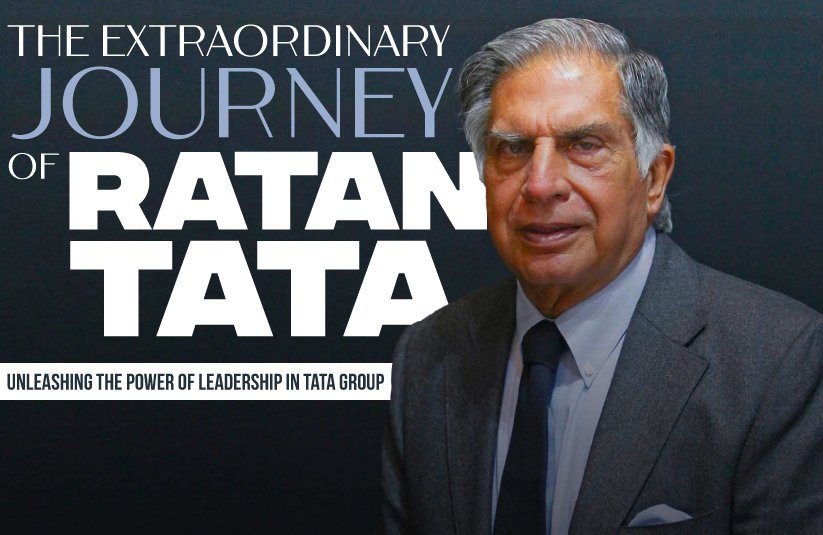Ratan Tata is one of India’s most respected business leaders, renowned for his vision, leadership, and philanthropy. Born on December 28, 1937, in Surat, India, he is the son of Naval Tata and Sonoo Tata, and he comes from a prominent Parsi family with a legacy in the Tata Group, one of India’s largest and oldest conglomerates. His childhood was shaped by the values of hard work and integrity, instilled in him by his family.
Early Life and Education
Upon completing his education, Ratan Tata returned to India and joined the Tata Group in 1962. Initially, he started working at the Tata Steel plant in Jamshedpur, where he gained practical experience in the operations of a large corporation. This hands-on experience proved invaluable as he rose through the ranks of the organization.
Table of Contents
Rise in the Tata Group
In 1991, Ratan Tata was appointed the chairman of Tata Sons, the holding company of the Tata Group. His appointment came at a time when India was undergoing significant economic reforms, and he recognized the need for the Tata Group to adapt to changing market conditions. Under his leadership, the group diversified and expanded its operations into new sectors, including telecommunications, information technology, and retail.
One of Ratan Tata’s most notable achievements was the acquisition of several global companies. In 2000, Tata Steel acquired the British steelmaker Corus, making it one of the largest steel producers in the world. In 2008, Tata Motors launched the Nano, a revolutionary low-cost car aimed at making automobile ownership accessible to the masses. Though the Nano faced challenges in the market, it exemplified Tata’s commitment to innovation and affordable technology.
Visionary Leadership
Ratan Tata’s leadership style is characterized by a strong commitment to ethical business practices and a focus on social responsibility. He firmly believed that businesses should contribute to the welfare of society and have a positive impact on the communities they serve. This philosophy guided his approach to corporate governance and shaped the Tata Group’s identity.
Under his guidance, the Tata Group expanded its footprint globally. He emphasized the importance of innovation, encouraging companies within the group to invest in research and development. This led to the establishment of various joint ventures and collaborations with international companies, enhancing the group’s competitiveness in the global market.
Philanthropy and Social Initiatives
Beyond his contributions to business, Ratan Tata is known for his philanthropic endeavors. The Tata Group has a long history of philanthropy, with a significant portion of its profits directed toward social initiatives. Ratan Tata has been instrumental in reinforcing this commitment.
In 2008, he established the Tata Trusts as a means to channel the group’s philanthropic activities more effectively. The trusts focus on various sectors, including education, healthcare, and rural development. Ratan Tata’s emphasis on social responsibility has inspired a new generation of business leaders to adopt a similar approach.
Retirement and Legacy
Ratan Tata retired as chairman of Tata Sons in December 2012, leaving behind a legacy of innovation and social responsibility. His leadership not only transformed the Tata Group but also made a lasting impact on the Indian business landscape. His vision of a more inclusive and socially responsible approach to business continues to influence the group’s operations and culture.
After retirement, Tata remained active in various initiatives and continued to advocate for entrepreneurship and innovation in India. He became a mentor to numerous startups and entrepreneurs, sharing his insights and experiences with the next generation of business leaders.
Awards and Recognition
Throughout his career, Ratan Tata has received numerous awards and accolades for his contributions to business and society. He has been honored with the Padma Bhushan, India’s third-highest civilian award, and the Padma Vibhushan, the second-highest civilian award, recognizing his efforts in promoting industrial growth and philanthropy.
In addition to his formal awards, Tata is highly respected both in India and internationally. He is often invited to speak at global forums, where he shares his vision for sustainable development and the role of business in addressing societal challenges.







.jpg)
.jpg)


.jpg)
.jpg)
